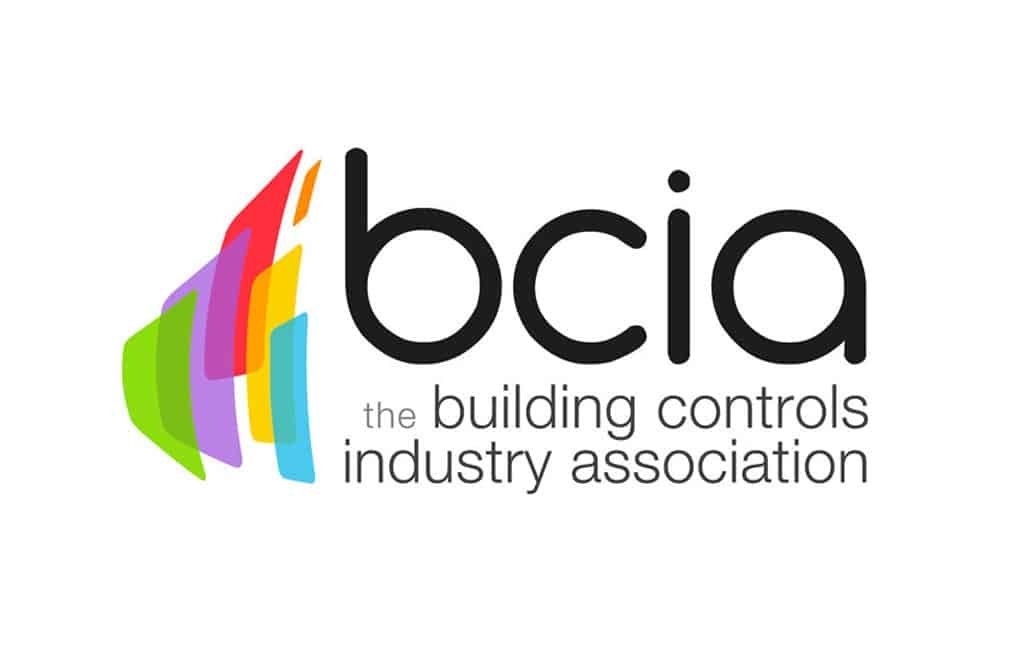President’s Blog - Embracing building automation needs to be any SME’s New Years resolution
As any of us in the building controls industry are aware, it’s always good to keep up-to-date on the latest challenges in our ever-evolving industry. So, during a little light reading by bedside lamp light, I pored over edie’s latest business guide – this time focusing on SME Energy Management and Net Zero.
Small and medium-sized enterprises (SMEs) make up around 99.9% of the UK’s commercial sector. Despite increasingly embracing green energy, these businesses consume around 13% of the total global energy demand.
Therefore, the need for business owners to focus on energy efficiency and sustainability has never been greater. Especially so when this level of energy demand puts undue pressure on smaller businesses, creating high energy costs, increased emissions, and a reduced likelihood of meeting increasingly challenging net zero targets.
Of course, it would be pretty foolish to ignore the various challenges that owners of SMEs have to face on an almost daily basis, be that the huge volume of tasks they have to deal with every day or the financial constraints of running a business.
For those SMEs that are attempting to reduce carbon emissions, many are facing significant financial barriers. Indeed, around 40% of SMEs surveyed by Lloyds Bank stated that high costs and an insufficient budget were preventing them from becoming net zero businesses.
Furthermore, the edie report highlighted the fact that 28% of SMEs in the UK are feeling ‘stretched’ due to the volume of tasks they deal with day-to-day. As a result, they often have to focus on short-term gains and actions rather than plan for the future, such as identifying ways of reducing energy consumption.
There is a beacon of hope for SMEs though – the UK government suggests most can reduce energy costs by up to 25%, simply by installing effective energy efficiency measures. Indeed, many have requested smart meters be installed in their premises as a way of monitoring and controlling their energy usage and expenditure.
However, while this is an effective first step, owners of SMEs will never have true control of their energy consumption until they utilise more in-depth solutions, such as Building Energy Management Systems (BEMS).
With building controls and automation devices designed to effectively manage and control a building’s environment while optimising energy use in real-time, they’re a proven and cost-effective way of ensuring a healthier and more comfortable space for occupants while aiding decarbonisation efforts.
While there is a preconceived idea that building automation systems are an expensive addition to a property, this isn’t the case. While the initial outlay may be higher than some other energy efficient options, the savings generated by the effective automation and control of lighting, heating, ventilation and air conditioning (HVAC), security, and other energy-consuming equipment will outweigh the expense. Indeed, building controls are typically able to achieve a 30% reduction in energy consumption.
Unfortunately, those of us in the BEMS sector face a significant challenge in the form of a lack of understanding and knowledge on the energy efficient benefits of building automation. Indeed, many of the polled SME owners in the edie report revealed they did not have easy access to the information they needed to effectively manage their energy and quantify both the environmental impact of their emissions and current ESG strategies, and how much it is costing them.
As a result, it is hardly surprising that many business owners, both inside and outside the construction industry, aren’t aware of the significant role that BEMS can have in reducing energy consumption and saving money.
It is therefore down to all of us in the sector to increase awareness of the importance of building automation through education and knowledge-sharing both inside and outside the built environment.
Doing so will lead to a smarter and more energy efficient built environment and a brighter future for the BEMS industry.
